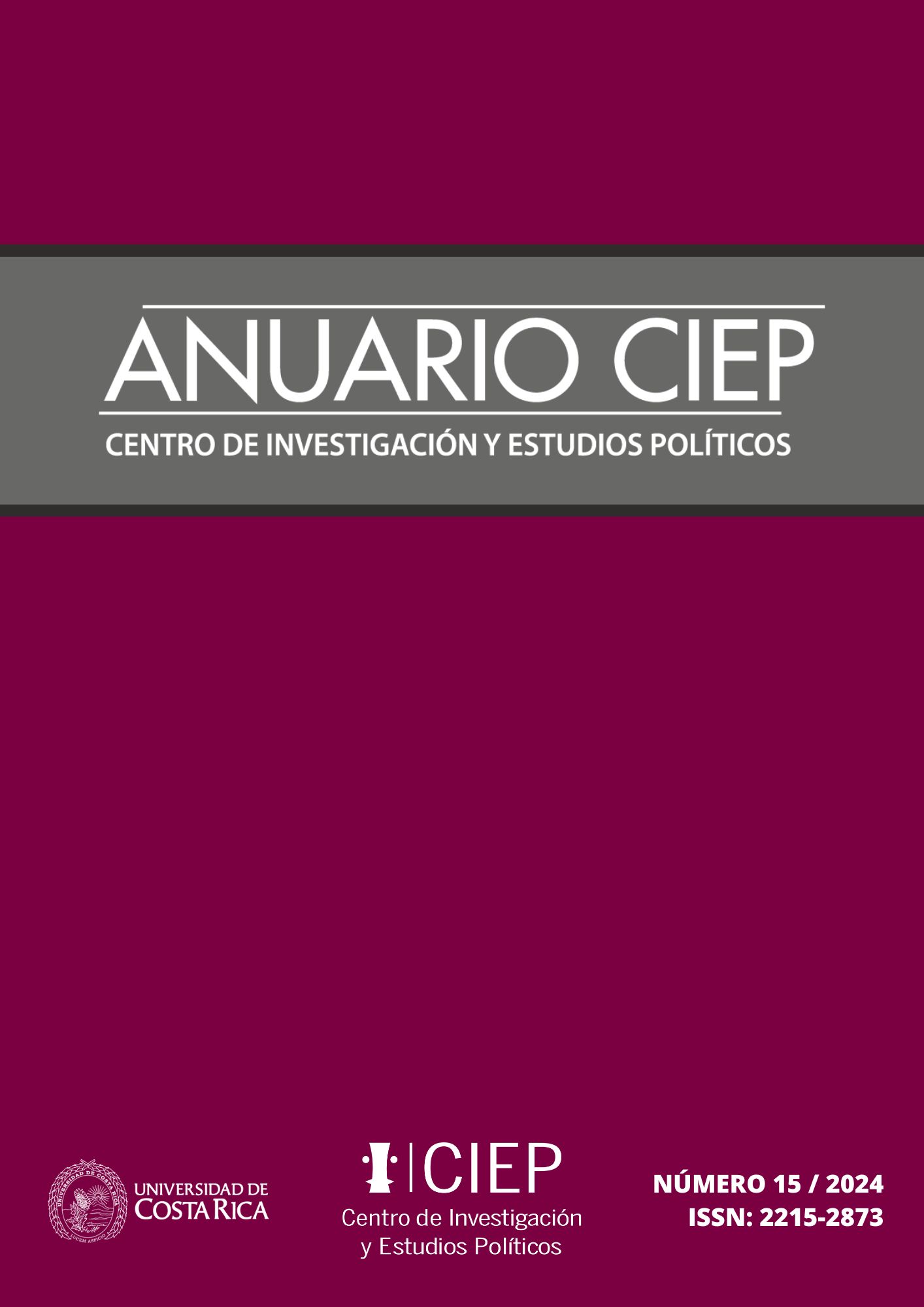Abstract
The central proposition of this article is that the restructuring of agricultural and rural spaces in the neoliberal context is a varied, dynamic and multidimensional process, which can acquire very different characteristics even within the same region and in neighbouring localities. This paper analyses the diverse ways in which neoliberal policies have transformed the livelihoods of two contiguous indigenous localities located in the south of the state of Veracruz (Mexico) over the course of three decades. It emphasises the importance of actions derived from local and extra-local institutions in confronting such policies. In one of the study localities, its insertion in a Natural Protected Area (NPA), plus the persistence of a communal access modality to ejido lands that prevailed until the beginning of the land titling process promoted by the Agrarian Law of 1992, allowed its producers to move from harvesting to the cultivation of camedor palm to cope with the deregulation of the coffee market. In the other locality, located in the same region but mainly dedicated to small-scale cattle farming, their only option to face the recurrent economic crises that have occurred since the 1980s has been internal migration to join the labour markets of the maquiladora industry for export on the northern border of the country and the capitalist agricultural fields of northwest Mexico. The conclusions reflect on the role that local agrarian and productive history has played in the development of responses to neoliberal policies in each of the study localities.
##plugins.facebook.comentarios##

This work is licensed under a Creative Commons Attribution-NonCommercial-NoDerivatives 4.0 International License.
Copyright (c) 2024 Emilia Velázquez Hernández


